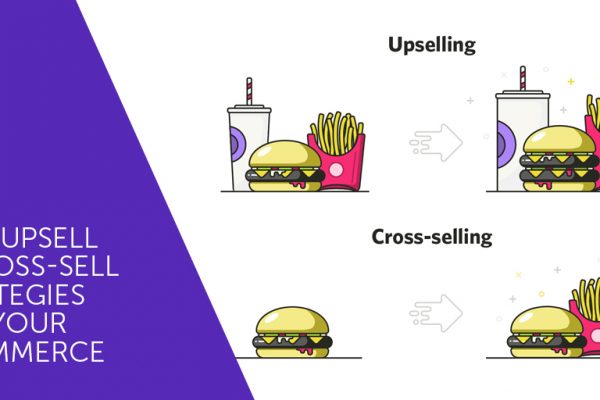
10 Things To Scrutinize When Choosing The Perfect CMS (Part 2)
6. User interaction
If you determine to assemble user feedback, your CMS must provide that functionality or grant a third-party plug-in to administer it. Equitably, if you want to host a community on your website, then you will require functionality such as chat, forums, comments and ratings.
At a minimum, you will need to be able to post forms and collect responses. Consider the kind of functionality you require and look for a CMS that supports it.
7. Roles and permissions
As the number of content providers on your website increases, you will want more control over who can edit what. For example, one group may need to be able to post job advertisements but not add content to the home page. This requires a content management system that supports permissions.
Further, content may be inputted by a junior staff member who requires the approval of a more senior person before making it live.
In this case, you’ll need a CMS that supports multiple roles.
8. Versioning
Being adept to revert to a previous version of a page allows you to quickly retrieve some content which was posted unexpectedly.
A few of the CMS have intricate versioning functionality that allows you to go back to a particular date. Nevertheless, in most cases, this is exaggerated. The most frequent use of versioning is plainly going back to the last saved state.
9. Multiple website support
With more content management systems allowing you to run multiple websites from the same installation, this is a must-have feature.
Although you may not currently need to be able to manage more than a single website, that could easily change. You may decide to launch a new website to target a narrower audience.
And with the growth of the mobile Web, you may want to create a separate website especially for mobile devices. Whatever the reason, having the flexibility to run multiple websites is important.
10. Multilingual support
It is simple to dismiss support for multiple languages. Your website may specifically target the domestic market, or you may sell a language-specific product. But re-think before dismissing this functionality.
Things could change, even if your product is language-specific. It is vital that your CMS be adept to grow with your business and evolving requirements.
We live in a multicultural society in which various languages are spoken. Being capable to entertain these differences gives you a significant margin over the competition.

